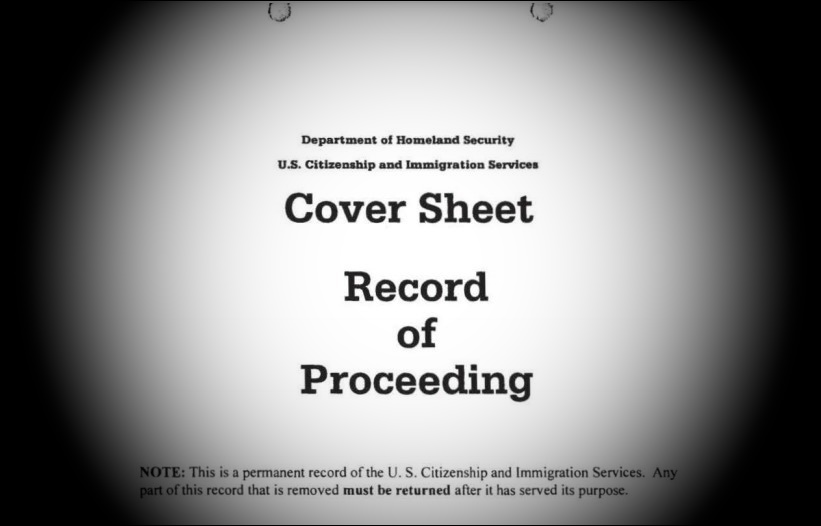Borderless Magazine recently ran an informative story about “A-files” and the importance of a filing a request under FOIA (the Freedom of Information Act) to USCIS for copies of one’s A-file.
A-files contain records of all interactions between a noncitizen and immigration agencies and officers. This includes copies of previously filed applications and petitions. This also includes previously filed documents, such as birth certificates and passports. More confidential government documents, such as law enforcement investigations or an asylum officer’s notes of an asylum interview may also be found in the A-file.
The story’s author, Alexander Shur, argues that without their A-Files, noncitizens and naturalized citizens are less equipped or simply unable to confirm their legal status, apply for immigration benefits, defend against potential removal, adjust their status and more.
A-Files are also critical resource in immigration courts. Access to A-files is an enormous due process issue. Only this way can a person see what the government attorney prosecuting the case has on his table.
For more, see U.S. National Archives and Records Administration, Alien Files (A-Files).

Leave a Reply